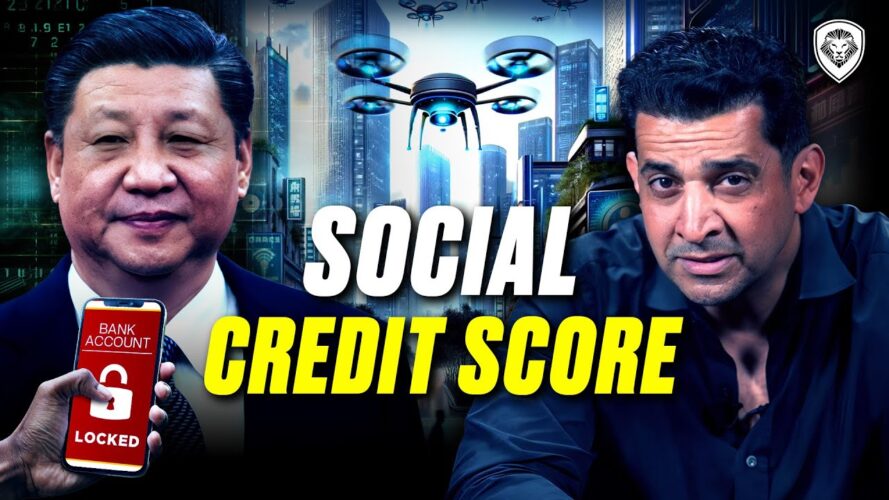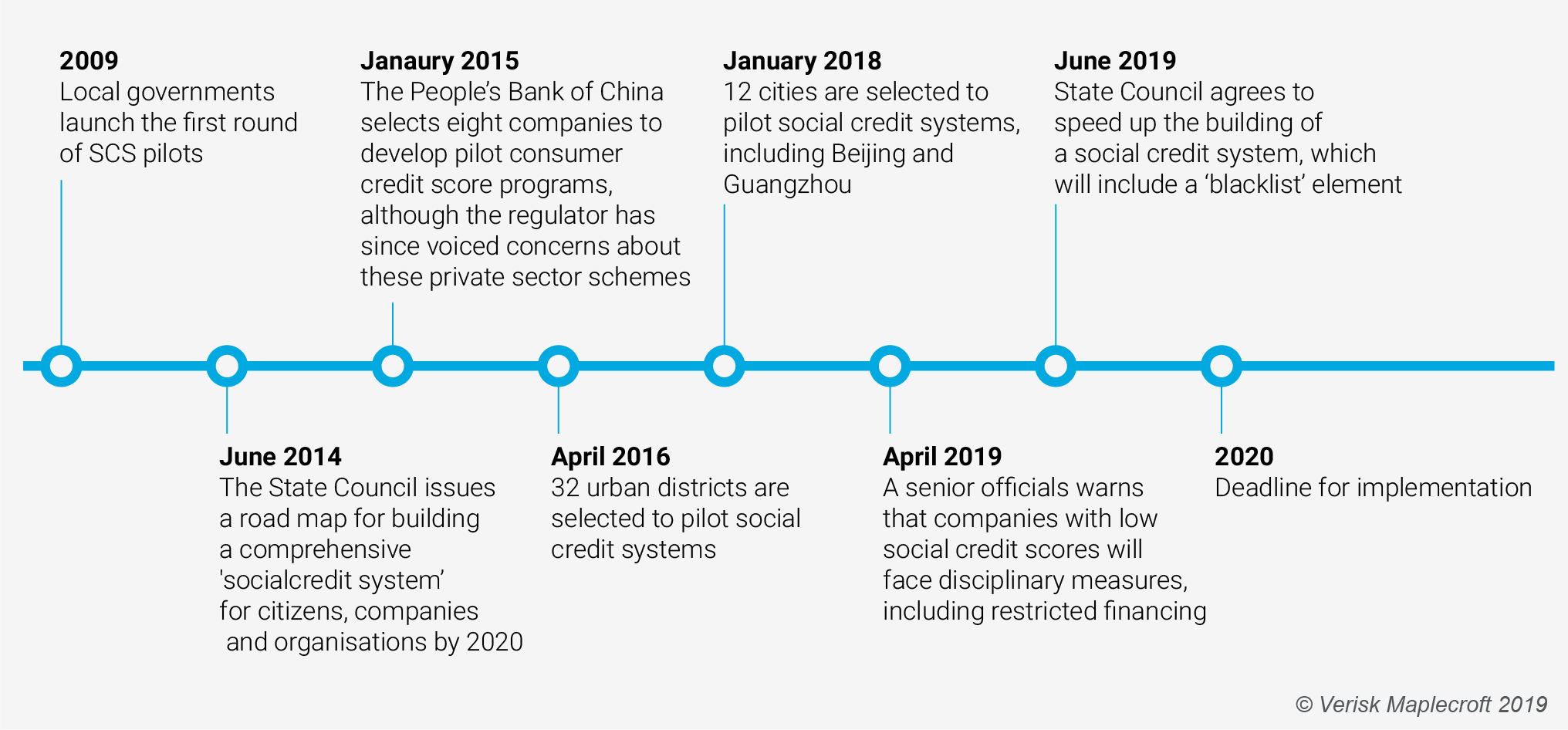In this video, Patrick Bet-David explains the intricacies of China’s Social Credit System (SCS), which evaluates citizens based on their behavior and activities, assigns scores that can drastically affect their daily lives, from travel restrictions to social interactions. Patrick explores the origins, development, and real-world consequences of the SCS, highlighting individual stories and the broader societal impact.
The Chinese state is monitoring its own people and lowering an imaginary score given to them to grade their behavior. It tracks “bad” driving, jaywalking, not having your dog on a leash, not paying debt, not paying taxes, playing too video games too much, watching pornography, consuming too much alcohol, criticizing the government, visiting unauthorized websites, criticizing the social credit system, or being friendly with those who have low scores. In 2018, four million people had allegedly been barred from purchasing high-speed train tickets due to their low scores, and 11 million and been barred from buying plane tickets.
As of December 2020, over 80 percent of Chinese provinces, autonomous regions, and cities had adopted the Social Credit System. Over 33 million businesses in China have been given a score under the corporate equivalent.
Learn the benefits of becoming a Valuetainment Member and subscribe today!
The social credit system ranks people based on an aggregation of data, varying from a school-like A-D grading or a numerical score between 1 to 1000 like a FICO score.
The timeline of the System’s release is as follows:
Watch the rest of the video to learn more about this terrifying and increasingly likely scenario for the world’s future.
 Shane Devine is a writer covering politics, economics, and culture for Valuetainment. Follow Shane on X (Twitter).
Shane Devine is a writer covering politics, economics, and culture for Valuetainment. Follow Shane on X (Twitter).



















Add comment